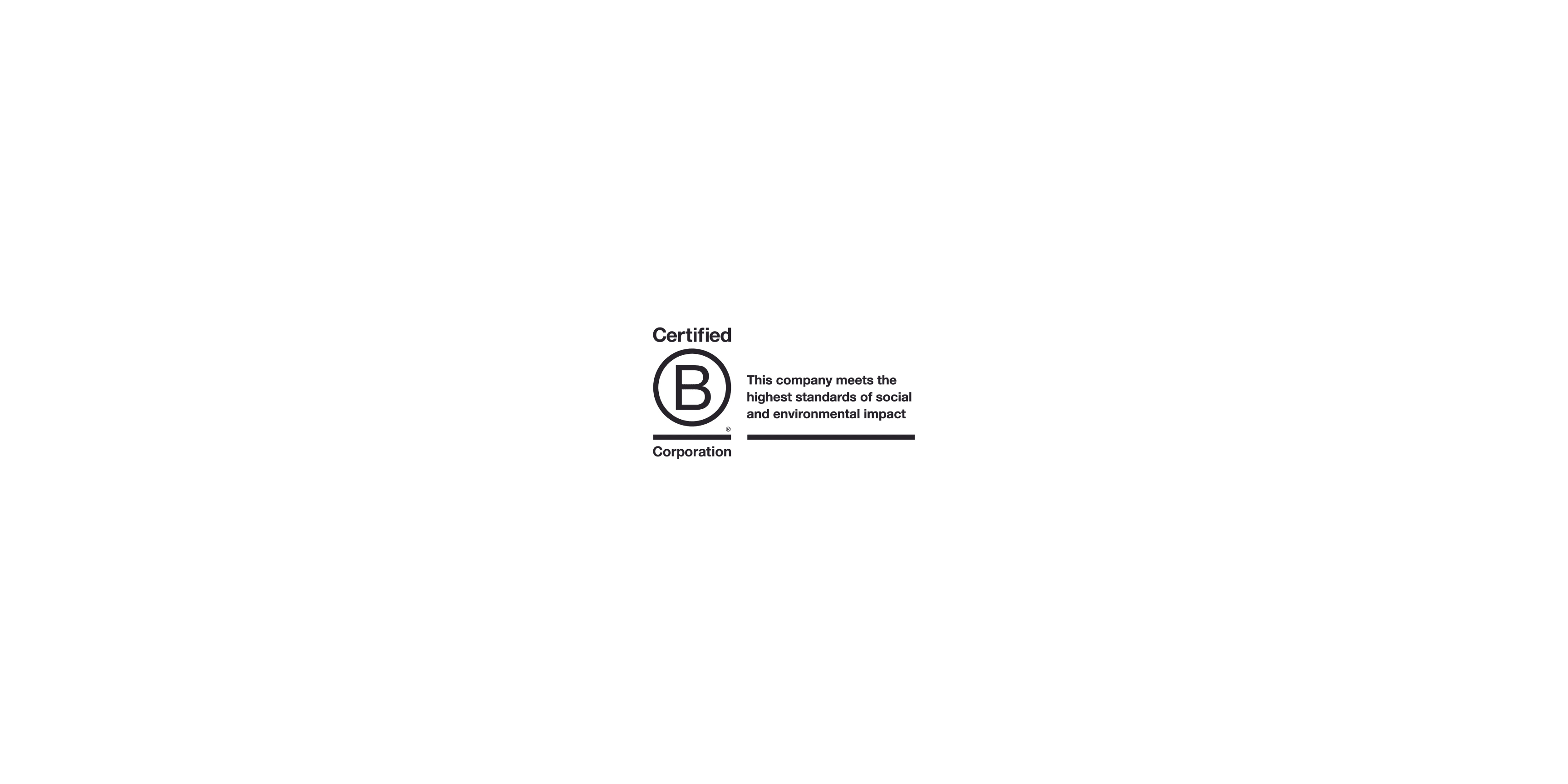
What is Greenwashing?
In today's world, where environmental consciousness is on the rise, many companies are eager to present themselves as eco-friendly and sustainable. However, not all claims of environmental responsibility are genuine. This is where the concept of greenwashing comes into play. But what exactly is greenwashing?
What is greenwashing?
Greenwashing refers to the practice of making false or exaggerated claims about a company's environmental practices or the environmental benefits of its products or services. It is a marketing strategy used to deceive consumers into believing that a company is more environmentally friendly than it actually is.
How does greenwashing work?
Greenwashing can take various forms, ranging from misleading advertising to deceptive labeling. Some common tactics used in greenwashing include:
- Using vague or meaningless terms like "eco-friendly" or "green" without providing any specific information or evidence to support the claim.
- Highlighting a single environmental attribute while ignoring other negative environmental impacts.
- Using images of nature or greenery in advertisements to create a false association with environmental responsibility.
- Making unsubstantiated claims or using irrelevant certifications to create an impression of environmental credibility.
Why is greenwashing a problem?
Greenwashing is problematic because it misleads consumers and undermines genuine efforts towards sustainability. It can make it difficult for consumers to make informed choices and support companies that are truly committed to environmental responsibility. Additionally, greenwashing can erode trust in companies and the broader concept of sustainability.
How can consumers identify greenwashing?
While greenwashing can be deceptive, there are ways for consumers to identify and avoid falling for false claims. Here are a few tips:
- Look for specific and verifiable information about a company's environmental practices or product attributes.
- Check for third-party certifications from reputable organizations that validate a company's environmental claims.
- Research the company's overall track record on sustainability and environmental responsibility.
- Be skeptical of vague or exaggerated claims without supporting evidence.
- Consider the overall transparency and accountability of the company in question.
By being vigilant and informed, consumers can play a crucial role in holding companies accountable and supporting genuine sustainability efforts.
Conclusion
Greenwashing is a deceptive marketing practice that can mislead consumers and undermine genuine sustainability efforts. As consumers, it is important to be aware of greenwashing tactics and make informed choices based on verifiable information and evidence. By doing so, we can support companies that are truly committed to environmental responsibility and contribute to a more sustainable future.



Leave a comment
This site is protected by hCaptcha and the hCaptcha Privacy Policy and Terms of Service apply.